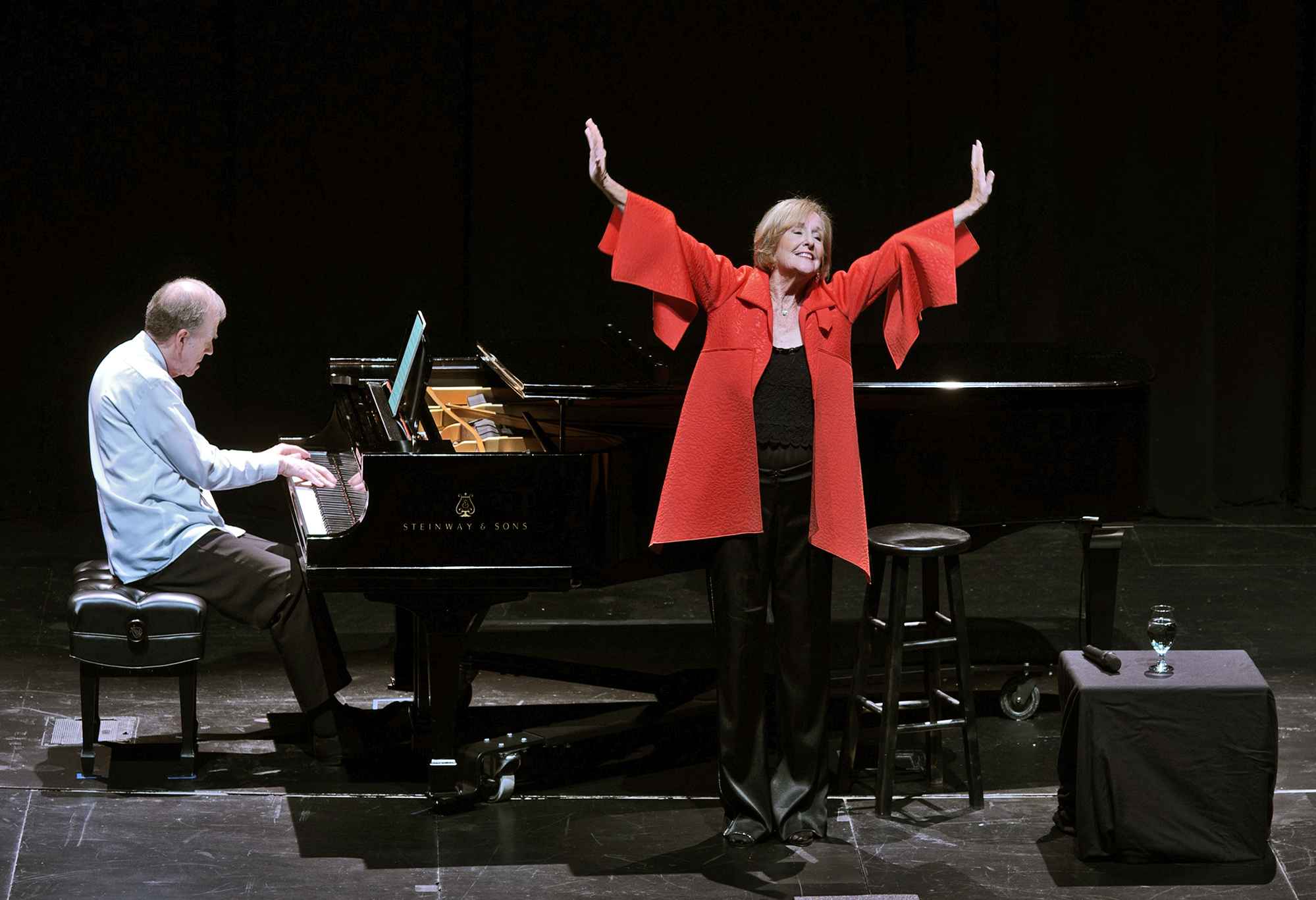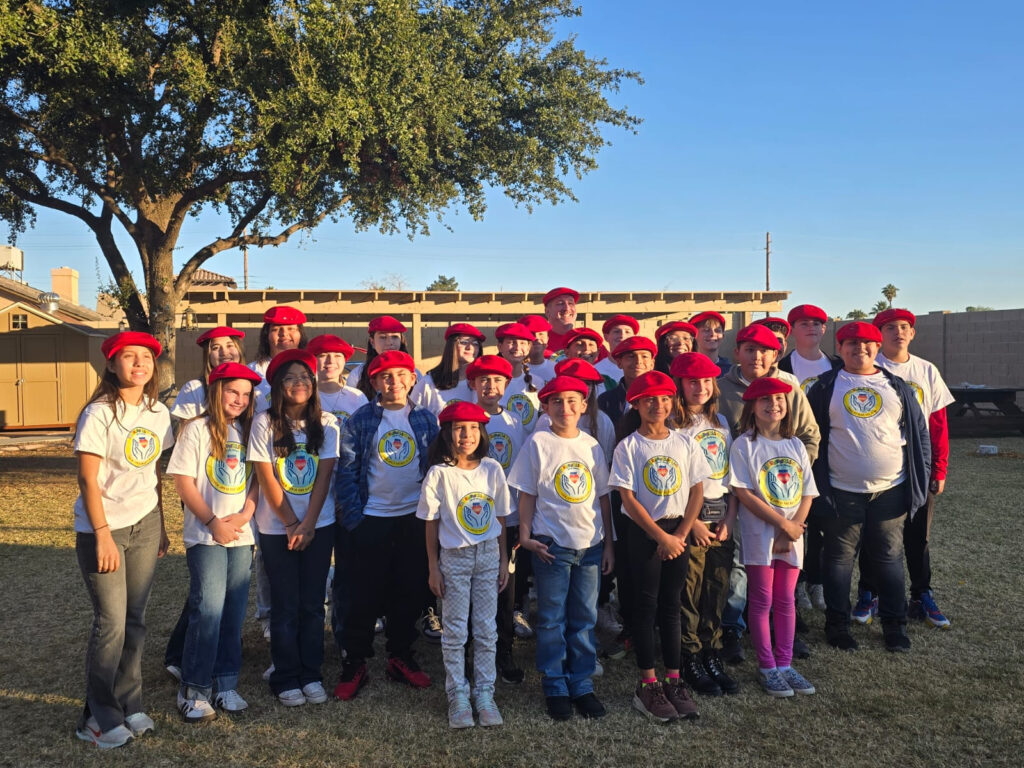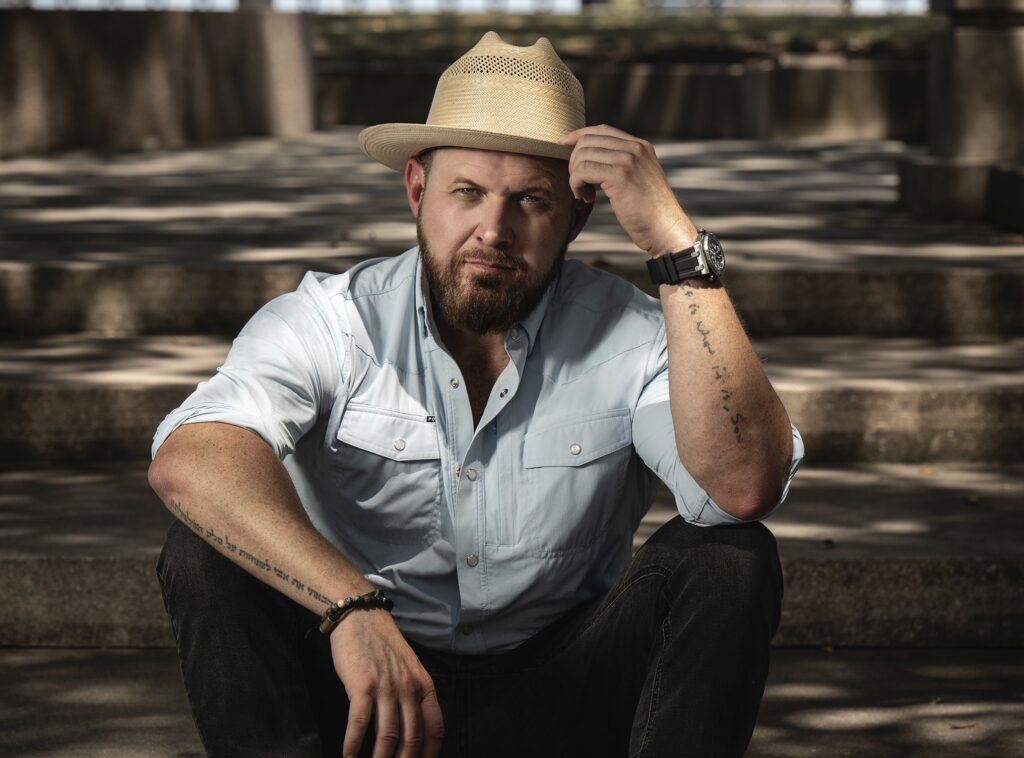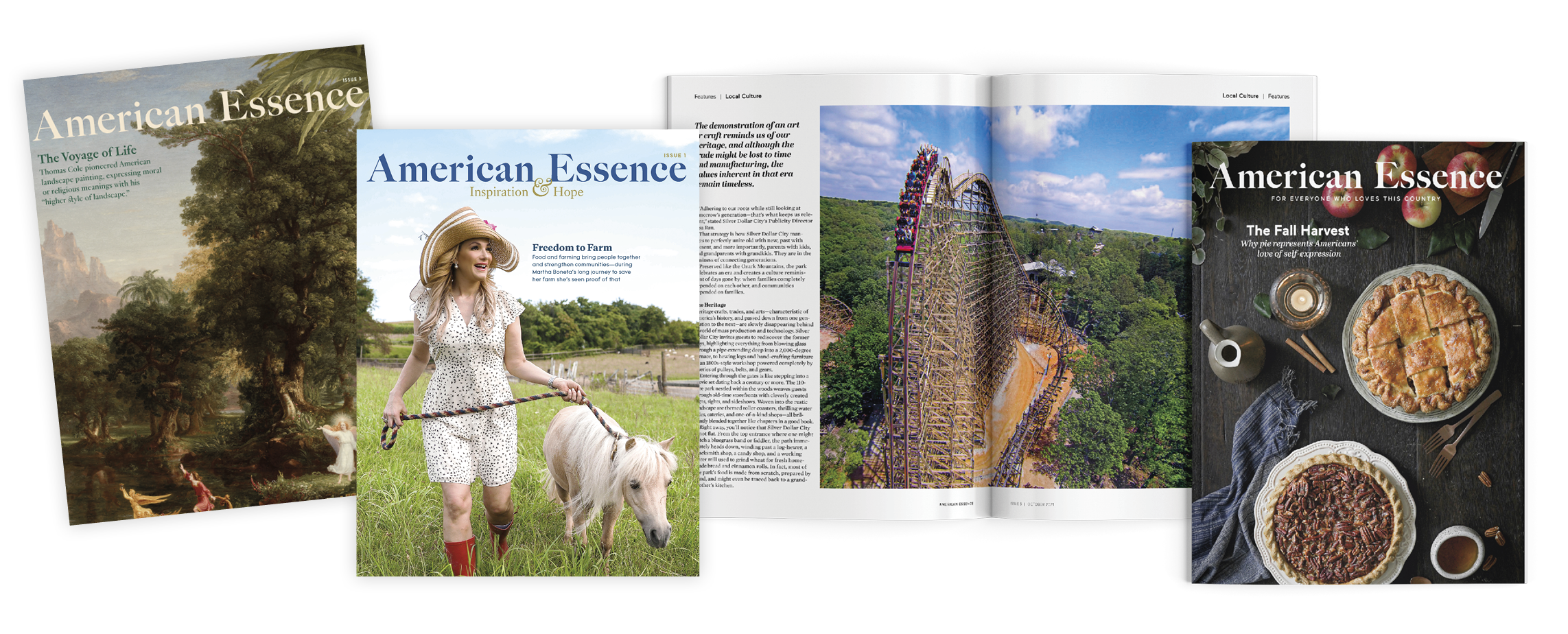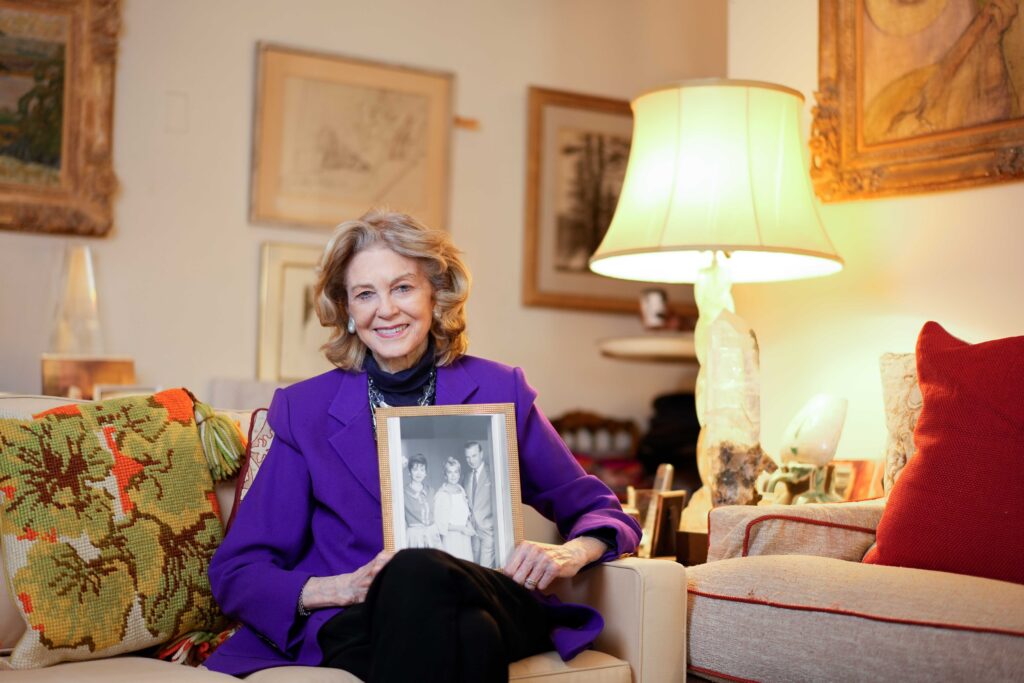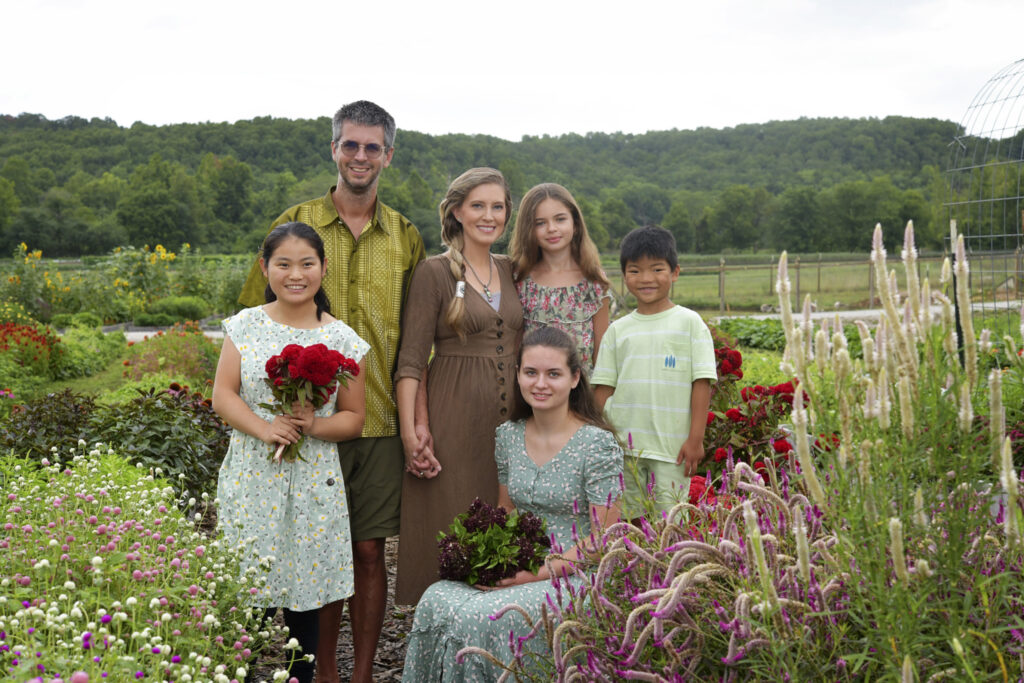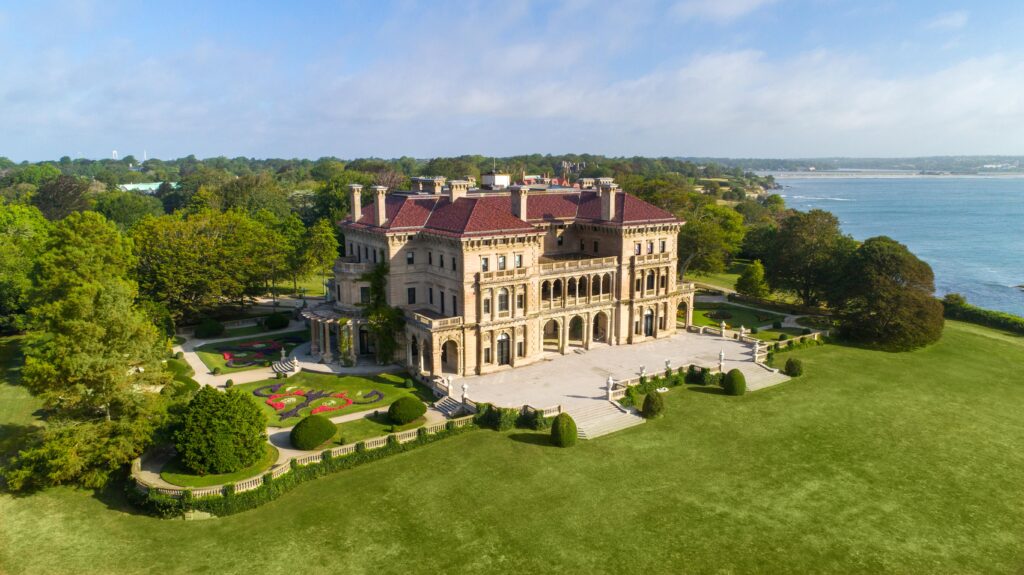Frederica von Stade has had a decades-long career singing on the world’s greatest opera stages. She has performed with every major conductor of her lifetime, she boasts more than 4 million views on a video of her singing an aria from the opera “Rusalka,” and she single-handedly discovered a composer, who recently had an opera produced at the Metropolitan Opera.
Not bad for a singer who couldn’t read music at the age of 20.
Now 80, von Stade spends much of her time helping the disadvantaged young earn scholarships to universities using their musical talent.
“It’s called the Young Musicians Choral Orchestra, and it addresses the needs of children who would never otherwise be able to afford music in their lives. We have 65 kids ages 9 to 18, and I love it,” von Stade told American Essence.
A Broadway Gal at Heart
Von Stade hails from a well-to-do background scarred by tragedy. Her parents were Sara Clucas von Stade and U.S. Polo champion Charles Steele von Stade. Her father joined the U.S. Army in 1942 and was killed when the jeep he was in ran over a landmine in April 1945, just a month before the European war’s end and nearly two months before his daughter was born. Frederica was raised in Washington; there, she received a Catholic education while her mother worked as a secretary for the CIA.
During this time, she came to be known as “Flicka,” borrowed from a favorite pony owned by her polo-playing dad. The nickname stuck with her through the decades and into her professional life.
“I was named after an Aunt Frederica and there were Uncle Fredericks on both sides, so there were a couple too many Freddies. I became Flicka.”
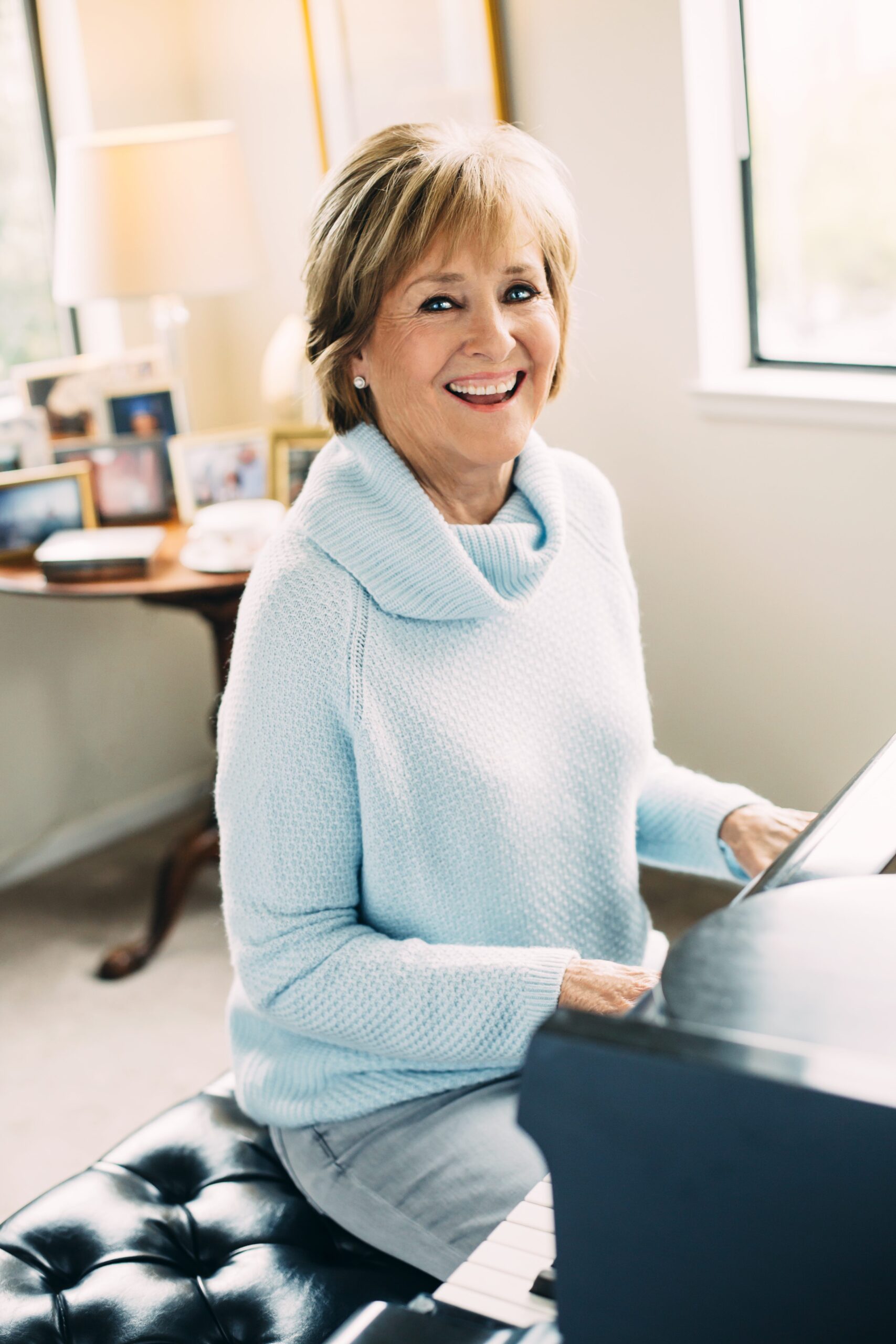
At 20, Flicka wanted to perform on Broadway, which was at peak form in those days. In 1964 alone, “Hello, Dolly,” “Funny Girl,” and “Fiddler on the Roof” opened. She had the voice, she had the charisma, and she had the ambition, but somehow her extensive education had failed to teach her how to read music. Von Stade applied and was accepted at New York’s Mannes School of Music, where her sole goal was to be able to read scores by the likes of Richard Rodgers and Jerry Herman. She ended up singing Mozart. “I went to Mannes to learn to read music with Sebastian Engelberg.” She credits Engelberg with supporting her pursuit of a musical career.
“He encouraged me to enter the Met Opera auditions. I thought, ‘There’s not a chance, big deal.’ But I won a prize, which amazed me. With the prize came a contract, so my course of action was decided for me.” The operatic stage and classical song became Flicka’s future.
“This may sound odd, but it happens that opera is an easier life than Broadway. We don’t have eight shows a week like they do. And when a show closes, they’re up a creek.”
But what about her love for those songs of the Great White Way? “I’ve never lost my love for Broadway,” she said, pointing for proof to studio cast recordings she’s made of “The Sound of Music” and “On the Town,” as well as CDs of Rodgers and Hart standards.
An Opera Phenomenon
Her discography is nothing short of breathtaking. As a mezzo-soprano starting out circa 1970, von Stade at first played numerous “pants roles,” men’s roles meant to be performed by mezzos. These included Cherubino in “Le Nozze di Figaro” and Sesto in “La Clemenza di Tito,” both by Mozart. Then, she blossomed into a vast repertoire of opera, concert, and recital works by Claudio Monteverdi, Jean-Philippe Rameau, Gioachino Rossini, Jules Massenet, Franz Schubert, Robert Schumann, Richard Strauss, Hector Berlioz, Joseph Cantaloube, Gabriel Fauré, Claude Debussy, Vincenzo Bellini, Gustav Mahler, and Maurice Ravel. Her performances of most of these composers are available on CDs.
Asked which one recording of her own she would take along to that proverbial desert island, von Stade named the Mahler Symphony No. 4 that she recorded with conductor Claudio Abbado for Deutsche Grammophon. She called the text and the music set to it “an ideal depiction of heaven” that appeals to her Catholic background.
And her favorite role? “It would have to be Melisande,” she said, from Debussy’s opera “Pelleas et Melisande.” “What girl who’s played boys much of her career doesn’t enjoy getting into a beautiful long dress, with hair down to the floor? It was make-believe.” Along the same fairy-tale line were not one, but two different operatic retellings of the Cinderella story: Rossini’s “La Cenerentola” and Massenet’s “Cendrillon.”

Promoting and Encouraging Young Artists
But no recounting of Flicka’s repertoire would be honest and complete without mention of the new music she has championed. Most notably, she discovered and promoted American composer Jake Heggie, whose “Moby-Dick” was produced at the Metropolitan Opera earlier this year.
A publicist for the San Francisco Opera when von Stade was appearing there in the late 1990s, Heggie presented the singer with a set of folk-song arrangements that so impressed her, she put him in touch with playwright Terrence McNally. McNally, who was looking for a composer to collaborate with him on an operatic version of “Dead Man Walking,” based on the book by Sister Helen Prejean, brought Heggie on board at von Stade’s suggestion. The opera, produced in 2000, was a major success, and Heggie went on to compose many more operas and other works.
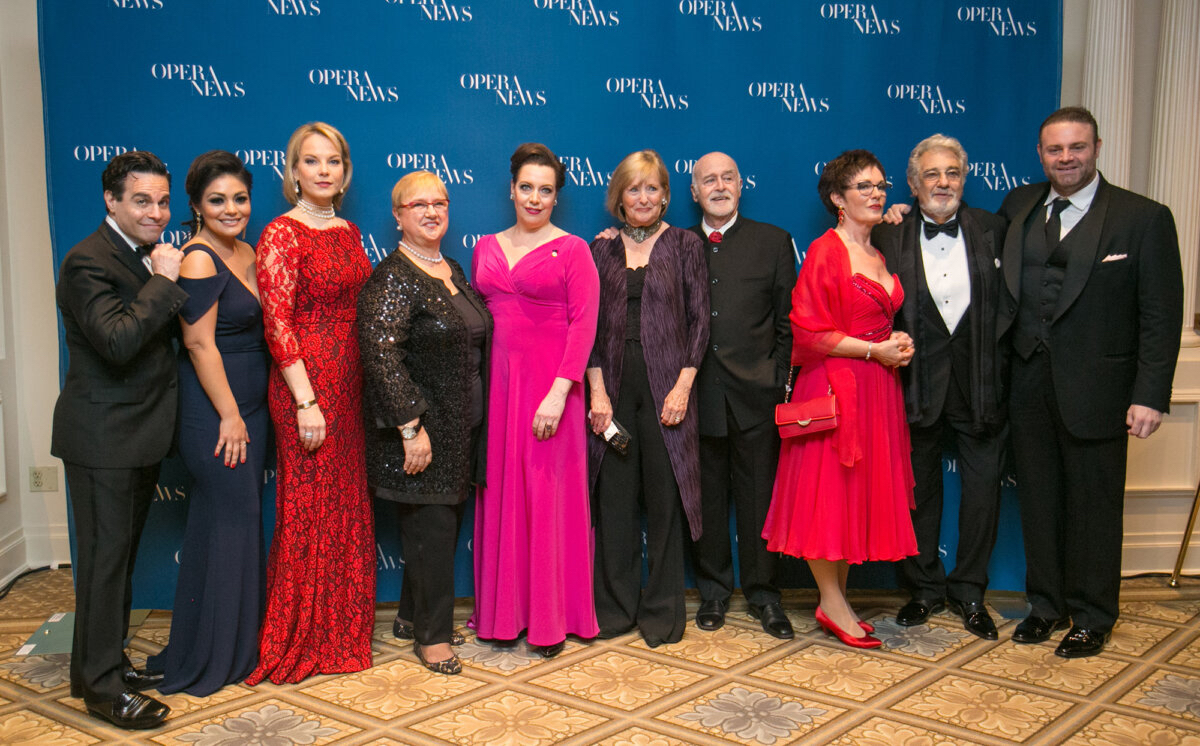
Living a Full Life
In the midst of her emerging career in 1973, von Stade married bass-baritone and photographer Peter Elkus, a union that produced two daughters: Jenny, born in 1977, and Anna in 1980. Mixing professional life with a family had previously been frowned upon in the opera world. Flicka’s generation of singers changed that. In an interview with Classical Singer Magazine in 2020, Flicka noted:
“We made it OK to be singers and to be women who were singers who wanted to have children and who wanted to work. And because of that, most of us did have children. And most of us did work. That’s the best thing that ever happened, because I loved singing, but I also loved being a mother.”
Now a grandmother, Flicka has a few words for young operatic hopefuls out there:
“Don’t give up. I have a little gold bracelet that says, ‘Don’t give up.’ Because there’s no pattern. You never know when the break will happen. It’s show biz and show biz is based on a lot of good luck. There’s a lot of talent out there that’s never been recognized. It isn’t always just, it isn’t caring, but if you love it, don’t give up.
“And be kind to yourself and love your voice. Thank it daily for what it does for you.”
From Sept. Issue, Volume V

